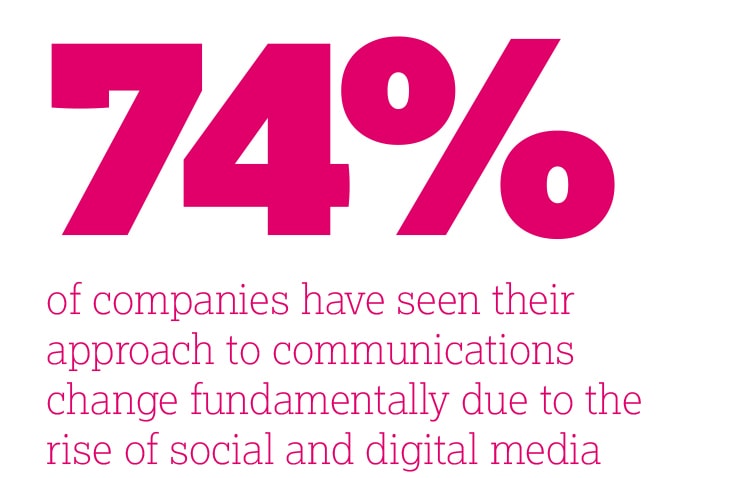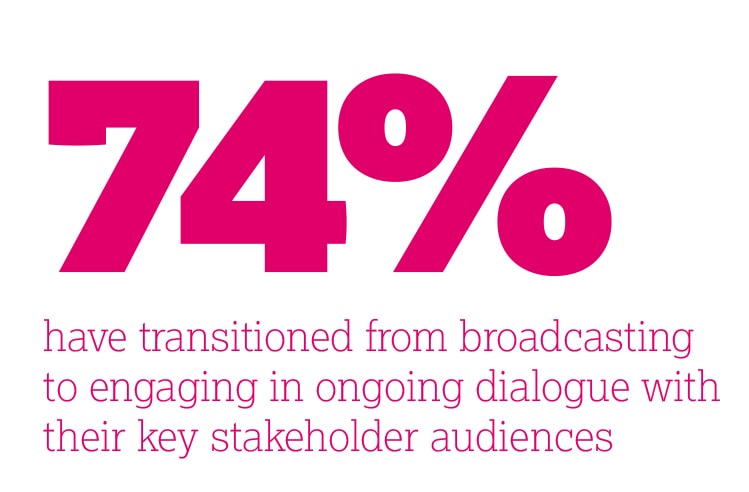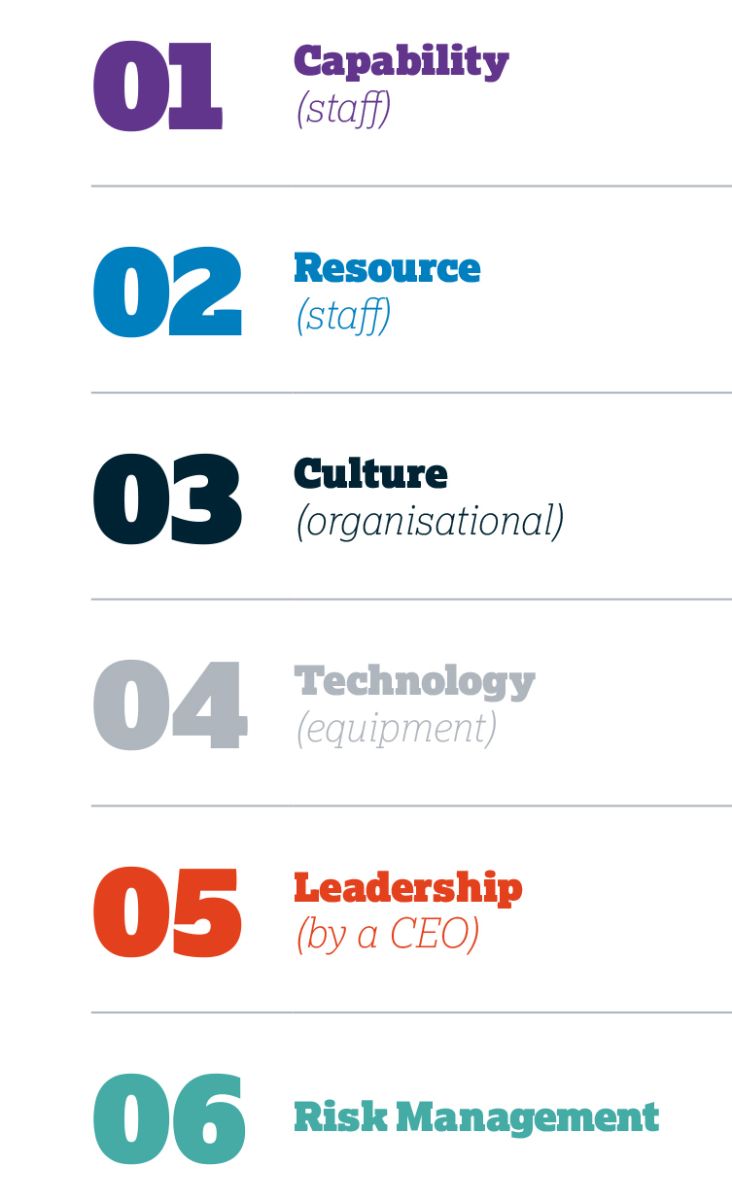Building and protecting company reputation is harder than ever amidst the free flow of information brought about by social media. And organisations are still struggling to meet the demands of this “always-on” communications landscape, according to the report ‘Reputation: With or Without You’ by comms agency MSLGROUP. The study was based on interviews with senior communications professionals in 100 major companies across EMEA.


The research found that many recognise the need to switch from broadcast to conversation with their customers or partners, but remain uncertain about how to produce the most effective content to engage across both old and new communications channels. Listening is a fundamental skill for communications professionals – more important than ever if companies want to be interesting and influential today.
There were also significant organisational barriers holding up change; often company culture (too timid to engage online) or company structure (lack of skills/expertise) get in the way of effective engagement. Employees aren’t being included in communications efforts in ways they find meaningful either.
Respondents were asked to rank from 1-6 the greatest cultural or organisational barriers they experienced in meeting the demands of the always-on conversation

What does this mean for those in the business of strategic communications and PR?
First and foremost, it means that you have to better integrate services if you’re to remain relevant to clients. Internal, external and employee comms are all blending and are increasingly interrelated.
Audiences and channels are also blurring. Companies that can play across the full spectrum of audiences (online and offline) and channels (paid, owned and earned) will be the ones who succeed.
Second, you need to help your clients create clear, concise, and compelling content. It’s substance and relevance that are winning in the digital world and organisations require partnerships with strategic communications and PR firms to help generate the kind of content that will get them noticed.
Third, you need to recognise the valuable role now played by employees. Organisations need to mine their employees for content and stories, and then need to transform them into capable communicators to help amplify their business’ message across digital channels. What better advocates can a business have than the people who run it each and every day?
And lastly, strategic communications companies need to listen carefully to their clients. You need to be interested in clients’ business challenges in order to present them with interesting solutions that will help them be influential and successful in what is a very crowded communications environment. This will require a blend of art (creative), science (data) and business savvy to create content that can drive relentless action on behalf of businesses and brands.
The full report: MSLGROUP’s Reputation: With or Without You
Methodology
To gauge the views of senior communications managers at 100 top organisations in EMEA, MSLGROUP developed a survey with a mixture of open and closed questions targeted to their experience in dealing with communications and reputational issues. Quantitative questions were analysed according to the data, with the descriptive supplement answers providing insight into the thinking behind the quantitative answers. The qualitative answers were in general clustered in order to ascertain any common themes across companies.
Written by Andrew MacDougall, senior executive consultant at MSLGROUP
PR Masterclass: The Intersection of PR and GEO
Join PRmoment for a Masterclass featuring 10 of the industry’s foremost experts. You will walk away with a clear, actionable strategy for adapting your content to an AI-first search environment.
Taking place on Wednesday 25th February in London, both virtual and in person tickets are available.
If you enjoyed this article, sign up for free to our twice weekly editorial alert.
We have six email alerts in total - covering ESG, internal comms, PR jobs and events. Enter your email address below to find out more:









